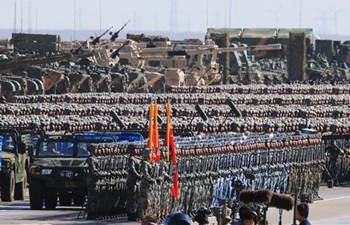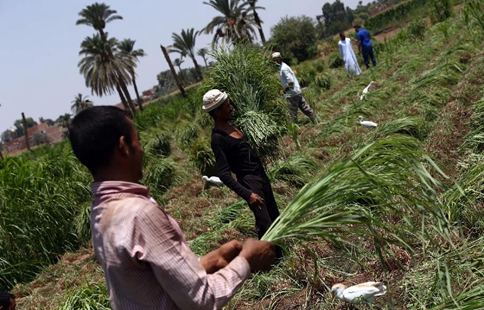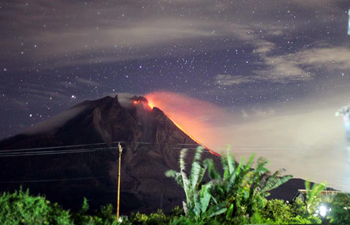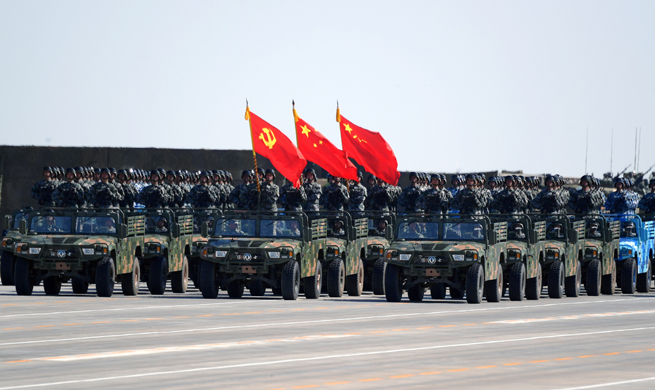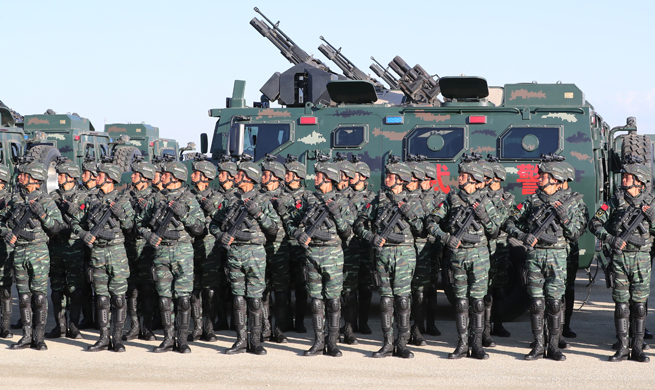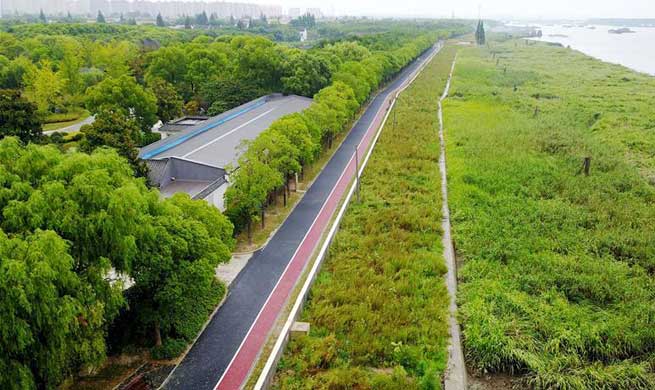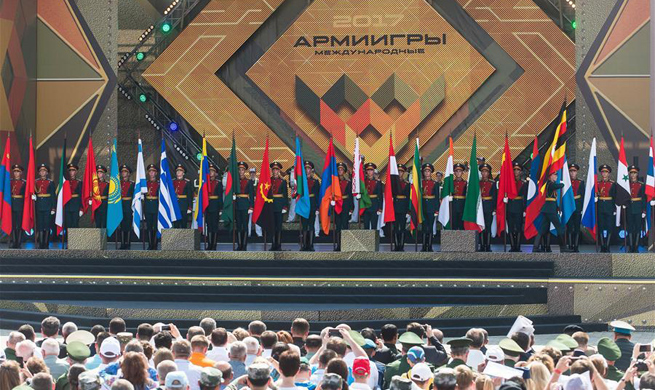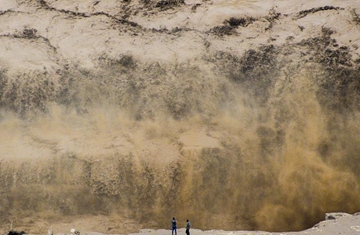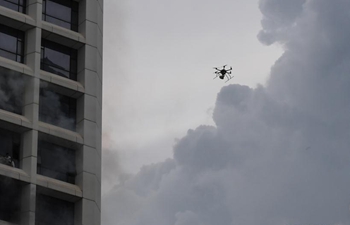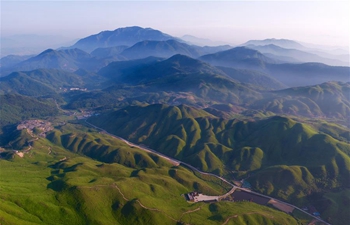MEXICO CITY, July 30 (Xinhua) -- Venezuela's election for a National Constituent Assembly (ANC) aiming to rewrite the constitution will kick off on Sunday.
The proposed-election has heated up the intense situation in the country. At least 110 people have been killed in protests and strikes led by the opposition coalition since early April.
HOW DOES THE ELECTION PROCESS WORK?
The ANC was proposed by Venezuelan President Nicolas Maduro on May 1, aiming to review and rewrite the 1999 Constitution to break the political gridlock that has paralyzed the country. A popular referendum will be held on the new constitution after it is drafted.
According to the constitution, the ANC will act as the supreme organ of power before the new constitution is approved.
Among the 545 seats of the assembly, 364 will represent regions while 181 represent different civil society groups. About 6,120 candidates are competing for the seats, according to the National Electoral Council.
More than 19 million constituents will vote at 14,515 voting stations guarded by some 232,000 soldiers around the country on Sunday.
HOW DO DIFFERENT PARTIES REACT TO THE ELECTION?
The opposition coalition Democratic Unity Roundtable (MUD) is trying to stop the ANC election, and threatens to upgrade street protests against the ANC.
The MUD claims that the ANC is raised to postpone the regional and municipal elections originally scheduled for this year.
After a 24-hour strike last week and a 48-hour strike Wednesday, the opposition announced the initiation of a three-day protest starting from July 28, during which the main roads across the country would be blocked.
The U.S. government demanded the vote to be called off.
A White House statement from U.S. President Donald Trump warned on July 17 that "the United States will take strong and swift economic actions" if the vote is to be held Sunday.
On Wednesday, the United States leveled sanctions at 13 current and former Venezuelan officials.
Thirteen countries in the Organization of American States, including the United States, Argentina, Brazil, Mexico and Canada, also asked Venezuela to drop the ANC.
The Southern Common Market (Mercosur), South America's trade bloc, called on the Venezuelan government and the opposition to solve the current political crisis through dialogue.
Despite warnings and pressure, Maduro insisted the vote go ahead as planned.
Analysts say that the Constituent Assembly is unlikely to be impeded. The conflict over the ANC election between the ruling party and the opposition is expected to intensify, and the political struggle will last for a long time.
WILL ANC SOLVE VENEZUELA'S CRISIS?
The opposition may continue to hinder the constitution rewriting process by organizing street protests and seeking international intervention, or advising their followers to vote against the new constitution in the referendum.
Yuan Dongzhen, deputy director of Institute of Latin-America Studies at the Chinese Academy of Social Science, said whether the ANC election could relieve the domestic political crisis depends on the political will of both sides.
For the moment, the Constituent Assembly is unlikely to bridge the political divide in Venezuela, and thus the social instability in the country will continue, Yuan predicted.
Mexican political scientist Jose Del Tronco said that the profound problems in Venezuela cannot be settled merely through the ANC.
Only with a flexible and open mind can the country end its current stalemate and restore economic and social order, he said.




